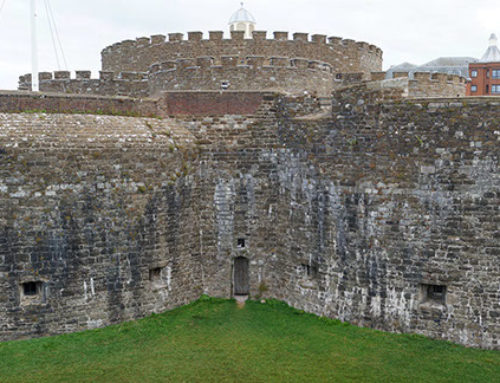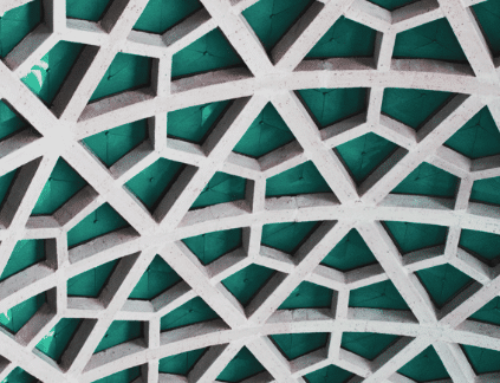When I was thinking about what to name my organizing business way back in 2010, I brainstormed for days, chewing on the thesaurus like a gerbil. I finally boiled it down to “homeostasis”. The most fitting definition of this word with my core principle is: “Any self-regulating process by which biological systems tend to maintain stability while adjusting to conditions that are optimal for survival. If homeostasis is successful, life continues; if unsuccessful, disaster or death ensues. The stability attained is actually a dynamic equilibrium, in which continuous change occurs yet relatively uniform conditions prevail.”
“Homeostasis” is a bit more cerebral than most names for organizing companies but I liked it and tried to register the URL. It was already taken. Feeling under pressure to secure a domain name, my second round of brainstorming was less precious and “Spacial Rehab” popped out in under five minutes. The rest is history.
However, “homeostasis” stays with me as a motivational trope I share with my clients to connect them to an analogy more meaningful than the flagellating self-talk of “I have to get organized”.
What it comes down to is understanding that all things are connected. We’re living organisms, but so are our homes, communities and this planet. Optimum health is when everything is cycling through properly. If there’s blockage anywhere in the flow, the whole system gets jammed. In our bodies, it leads to disease. In our home and communities, it leads to dysfunction. And on our planet, we all know what it’s leading to.
One organizer refers to the build-up of clutter as “plaque” which is in perfect alignment with seeing the home as a living thing. Plague build-up and deposits in our arteries, lungs, digestive system, connective tissues, and bones are just sooooo not good.
All things are connected, from micro to macro, from our individual lives to the entire planet. Likewise, there’s a clear and direct inter-relationship between our interior environment (our body, heart, and mind), and our exterior environment (our home, our workplace, our community, the planet.)
To fortify this point, I’ll site Danny Heitman in his article Thoreau, the First De-Clutterer published in the NY Times July 4, 2015: “Thoreau sought a decluttered life because he thought it would lead to a decluttered mind. The abiding lesson of ‘Walden’ is that only in occasionally standing offstage from our daily routines can we grasp what is really important to ourselves, our family, our country.”
So if you smush this all together into a holistic smoothie, a gestalt of mind and action, it’s an easy leap to link taking care of yourself with taking care of your stuff. It’s the same thing.
Just as you do cyclical things that become healthy habits, like personal hygiene, a decent diet, and getting your sleep and exercise, so should you do cyclical things that become an automatic ritual as well, such as straightening your desk and hanging up your clothes everyday, going through all the piles of papers and tossing what you don’t need (I call it “paper eradication”) once a week, cleaning out your closet twice a year, and just, as the definition of homeostasis indicates, making little adjustments (Laura calls them “tidies”) on an ongoing basis to bring things back into balance.




Leave A Comment